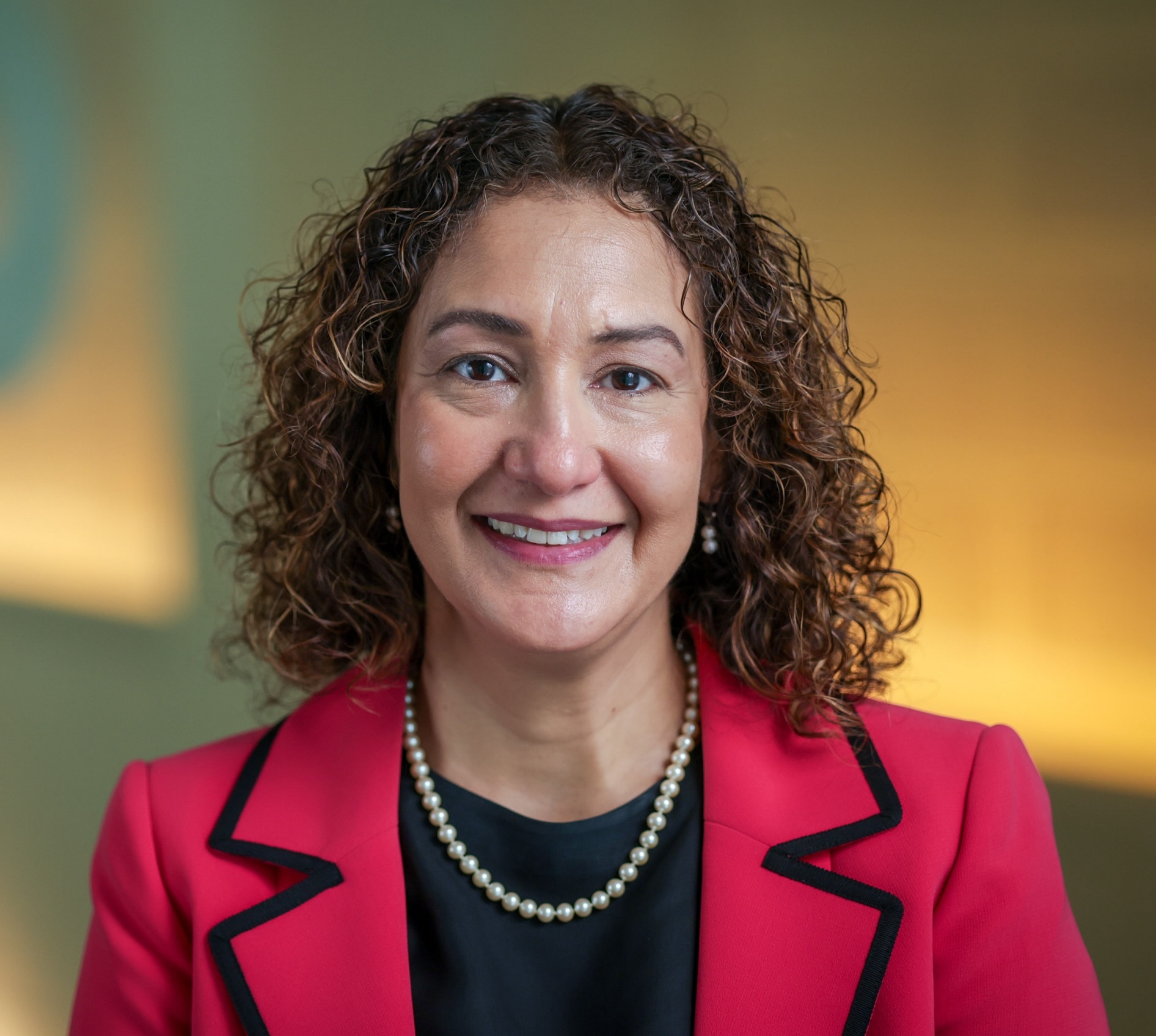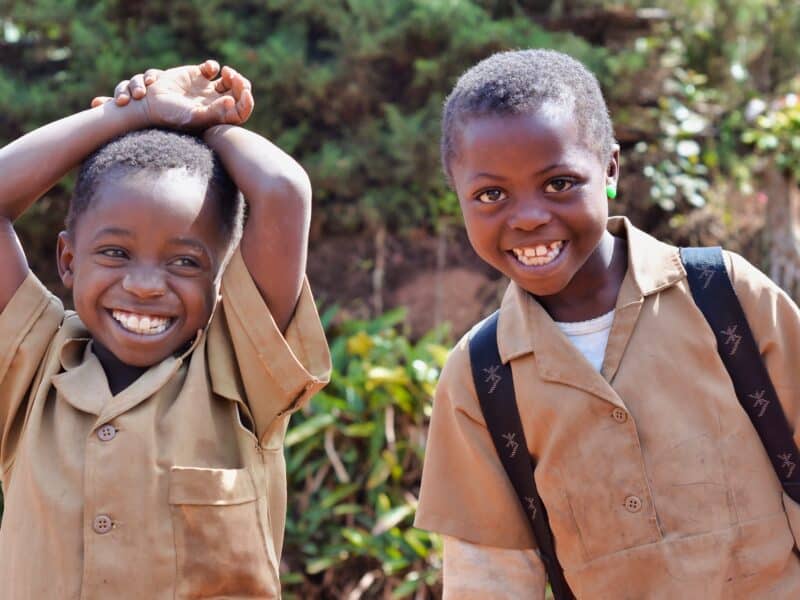Intentionally and systematically involving local community members and inviting their insights during the process of developing sustainable social and behavior change interventions is crucial to their success, says Debora B. Freitas López, executive director of the Johns Hopkins Center for Communication Programs.
While giving a keynote speech this morning to the Africa Society for Social & Behavior Change Summit, Freitas López told those assembled that only by involving those closest to pressing health and development challenges can great outcomes in family planning, water, hygiene and sanitation, malaria, and more be achieved.
“By embracing and further exploring the transformative power of community-driven initiatives, combined with global cooperation and inclusivity to address shared and complex challenges, we can have a better and more equitable future,” she said. “By putting communities in the driver’s seat, everything we create together will have greater – and longer lasting – resonance with people who want to see their lives improved. …
“We all know that our communities are the heartbeat of our social fabric. They are the bedrock of our societies, each unique in its culture, traditions, and challenges. They possess invaluable insights into local dynamics and cultural nuances,” she went on.
“In the past, these insights were often overlooked or underestimated. However, there is a growing recognition that they can be used to shape successful SBC strategies as well as influence broader systemic and policy discussions and decisions. These insights are crucial for understanding the root causes of social issues and crafting effective solutions that resonate at all levels. We have already unlocked a wealth of positive change through a greater understanding of the value of these insights, but more needs to be done.”
Freitas López shared examples of including communities at the onset and throughout any intervention. She spoke of a community in Liberia, a town that hasn’t had access to clean water since its inception 100 years ago. With a little help from the CCP-led Breakthrough ACTION project, community leaders created a plan to raise the USD $2,600 needed to build a convenient water pump, which would provide water for drinking, cooking and washing to the whole community. They also worked together to help residents understand the health benefits of clean water.
She spoke of Francophone West Africa, where young people often face many challenges in finding relevant and credible family planning and reproductive health information. “To address these challenges,” she said, “young people from nine countries were given the tools to lead the development of a chatbot that could sort out questionable materials from dubious sources and put what they needed at their fingertips.”
She encouraged those assembled to continue their work to amplify communities’ voices around the world, celebrate their resilience and creativity, and work together toward a future where every individual can thrive.
“Now is the time to recommit and build on these lessons and continue to catalyze a global movement toward sustainable development and social justice,” she said. “This requires bold leadership, visionary thinking, and a steadfast commitment to communities as their own leaders and agents of change. It requires investments in health, education, and social infrastructure that prioritize equity and inclusion. It also requires a renewed sense of solidarity and shared responsibility to build a more just and sustainable world for future generations. It begins with each one of us, whether we are a funder, a practitioner, a community member, or another actor.”





